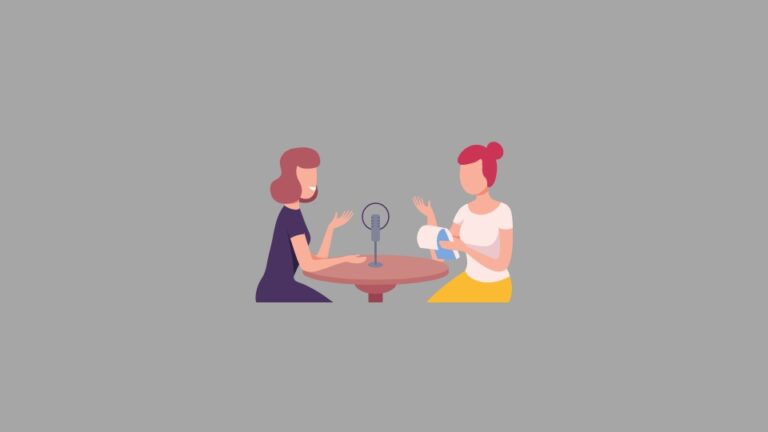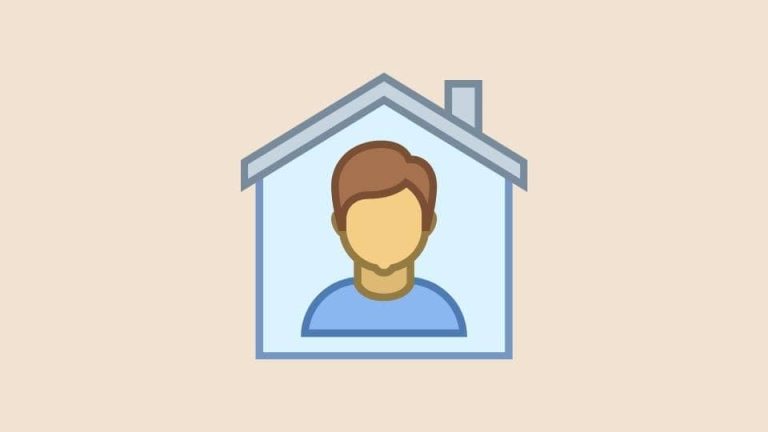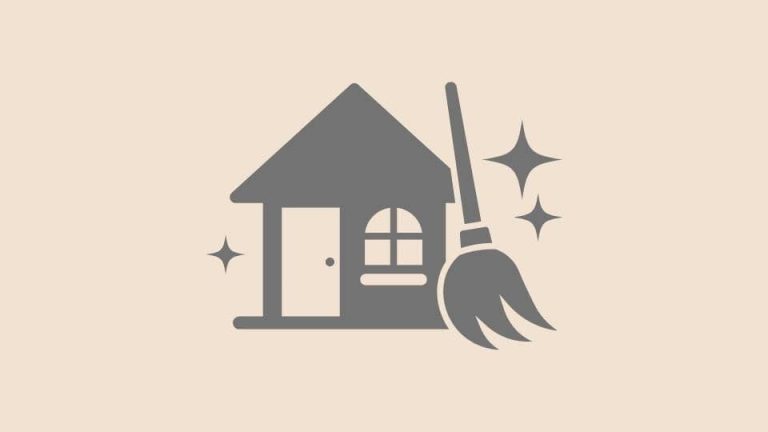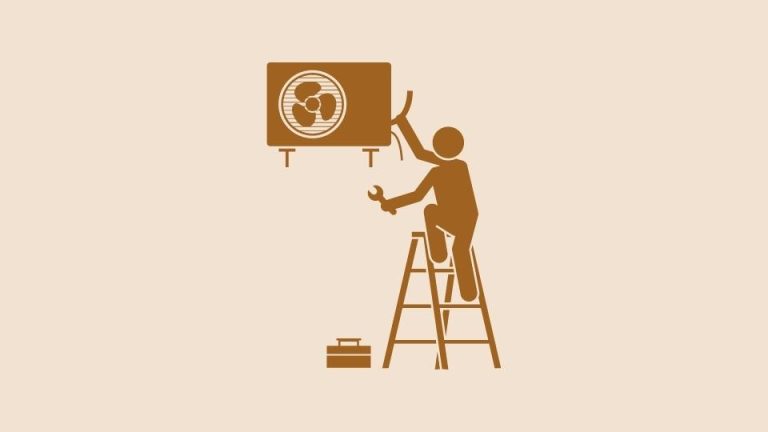Can Landlords Do Random Inspections?
When it comes to renting an apartment, a lot of things go into the decision-making process. One of the most important factors for many people is feeling safe and knowing that their landlord will be reasonable if any issues arise.
But what happens when your landlord decides to do random inspections? Can they just show up at your door unannounced?
In this article, we’ll explore the rights of landlords and tenants when it comes to random inspections.
Can Landlords Do Random Inspections? Are They Allowed to Do So?
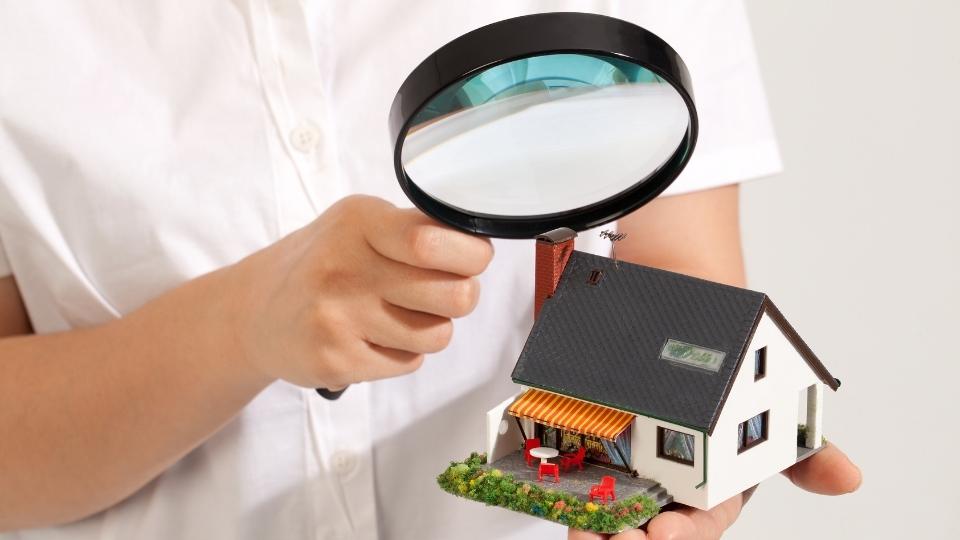
Yes, landlords are allowed to do random inspections in most cases. However, they must give you reasonable notice before doing so. They can’t just show up at your door without warning.
Generally, landlords must give you 24 hours notice before entering your unit. They may also only enter during daylight hours unless there is an emergency.
There are some exceptions to this rule, however. For example, if you have given your landlord permission to enter or if there is an emergency.
However, they can also do the random inspection without your consent in case of following instances :
- To make sure that you are following the terms of your lease
- To check for damages
- To see if there are any health or safety hazards in the unit
If you’re unsure whether your landlord can enter your unit, it’s always best to check with your lease agreement or local laws.
When Can Landlords Do Random Inspections?
While landlords can do random inspections in most cases, there are some situations when they may be more likely to do so. Here are some of the most common reasons why landlords may choose to inspect your unit:
- Move-Out Inspections
- In An Emergency
- When the Apartment Has Been Abandoned
- Repairs and Improvements
- To Show or Guide
- Renter is Violating Any Codes
- To Deliver Large Packages
- To Give an Eviction Notice
Move-Out Inspections
A move-out inspection is when a landlord inspects the unit before a tenant moves out. This is done to ensure that the unit is in the same condition as it was when the tenant moved in.
The landlord will usually do a walk-through of the entire unit, looking for any damages or changes that have been made. They may also take pictures or videos of the unit during the inspection.
Move-out inspections are typically scheduled in advance, and the landlord will notify the tenant when the inspection will take place.
Sometimes, the landlord may do a move-out inspection even if the tenant is not moving out. This is usually done if the landlord is suspicious that the tenant has caused damage to the unit or if the tenant is not following the terms of their lease.
Emergency Inspections
Emergency inspections are when a landlord must enter the unit to deal with an emergency. This could be something like a fire, a flood, or a gas leak.
Landlords can enter without notice in an emergency situation if they reasonably believe there is an imminent danger to the health or safety of the unit’s occupants or the property.
When the Apartment Has Been Abandoned
If a tenant has abandoned their unit, the landlord may enter the unit to inspect it. This is usually done to make sure that there is no damage to the unit and to see if the tenant has left any personal belongings behind.
In most cases, the landlord will not need to give the tenant any notice before entering the unit if it appears that the unit has been abandoned.
If there is evidence that the tenant has abandoned the premises, the landlord can begin the eviction procedure and put the apartment up for rent.
Repairs and Improvements
Landlords are responsible for maintaining the property and making sure that it is in good condition.
Sometimes, this will require the landlord to enter the unit to make repairs or improvements. In most cases, the landlord will give the tenant notice before entering the unit.
However, according to the laws, these repairs or improvements should be set during reasonable hours.
To Show or Guide
Landlords may need to enter the unit to show it to potential new tenants or provide a tour for someone interested in renting the unit in case you are not renewing the lease and moving out.
They will usually give the tenant notice before entering the unit for these purposes. The statement should include the date and time of the showing or tour and the name of the person who will be doing the showing or tour.
The landlord should only enter during reasonable hours and not stay for an extended period.
Renter is Violating Any Codes
If the landlord believes that the tenant is violating any codes, they may enter the unit for a random inspection. This could be something like a noise complaint or a complaint about the condition of the unit.
Furthermore, if the landlord believes that the tenant is engaged in illegal activity, they may enter the unit without notice to investigate.
However, if the landlord does not have a valid reason for entering the unit, they may violate the tenant’s privacy rights.
To Deliver Large Packages
If the landlord has a large item to deliver to the renter, they can enter the property. They should only stay for a short time and no longer than is necessary.
To Give an Eviction Notice
If the landlord plans to evict the tenant, they will need to enter the unit to serve the tenant with an eviction notice.
The eviction notice must be served in person and cannot be left at the door or sent by mail.
After the eviction notice has been served, the tenant will have a certain amount of time to move out of the unit.
If the tenant does not move out by the end of that time period, the landlord can file for eviction.
What Time Can Landlords Do Random Inspections?
Some states have regulations specifying the time of day when landlords can enter units. While some states do not have specific rules, landlords should avoid entering units late at night or early in the morning unless there is an emergency.
For non-emergency situations, it is best to give the tenant notice before entering the unit. The notice should include the date and time of the planned entry and the reason for the access.
Landlords should try to be as flexible as possible regarding the time of day for entry, as long as it is during reasonable hours.
Weekends and weekday evenings are the most common periods. Business hours refer to weekdays, which means they can visit anywhere between 9 am and 6 pm, excluding lunchtime rush hour (about 1:30 pm).
You can have people see your house on Saturdays from 10 am to 1 pm. Sometimes you don’t need to be there when they come.
Why Do Landlords Conduct Random Inspections?
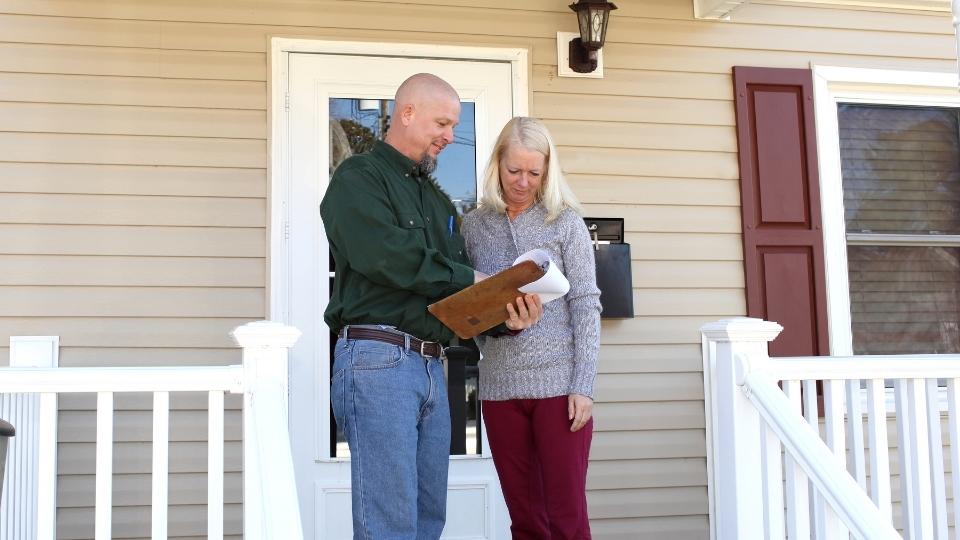
There are several reasons why landlords might conduct random inspections. First, they want to make sure that the property is being maintained in good condition.
Second, they want to ensure that the tenant follows the lease agreement’s terms. Third, they may investigate a complaint from a neighbor or another tenant.
Lastly, they may check to see if the tenant plans to move out soon.
Random inspections are a way for landlords to keep tabs on their property and make sure that everything is in order.
While it can be disruptive for tenants, it is important to remember that the landlord has a vested interest in the property and wants to ensure it is well-maintained.
Random inspections of the property are good for both landlord and tenant. They help keep the property well-maintained, ensure that any necessary repairs are made promptly, and allow the landlord to check on the condition of the unit.
What Should You Do If You Don’t Get Notice?
If your landlord does random inspections without notifying you, you should raise the issue with them. It would be best if you informed them that you are uncomfortable with them entering the unit without giving you notice.
You should write a formal letter to request that they stop making such entries.
In rare instances, this may not be enough. If that’s the case, you can file a formal complaint of harassment and trespassing against them.
Before you file a complaint, ensure you have a log of all the times your landlord has conducted a random inspection without giving you notice. This will help prove your case.
Note: Random inspections are a necessary part of being a landlord. However, they must be conducted in a way that is respectful of the tenant’s privacy.
You may also like:
Final Words
Being a landlord comes with a lot of responsibility. Not only do you have to make sure that the property is well-maintained, but you also have to respect the privacy of your tenants.
Random inspections are a necessary part of being a landlord, but they must be done in a way that respects the tenant’s privacy.
If you are a landlord, make sure you give your tenants notice before conducting a random inspection. This will allow them to be prepared and help avoid potential conflict.
Landlord-tenant relationships should be based on respect and cooperation. By following these tips, you can help ensure that your relationship is positive.

